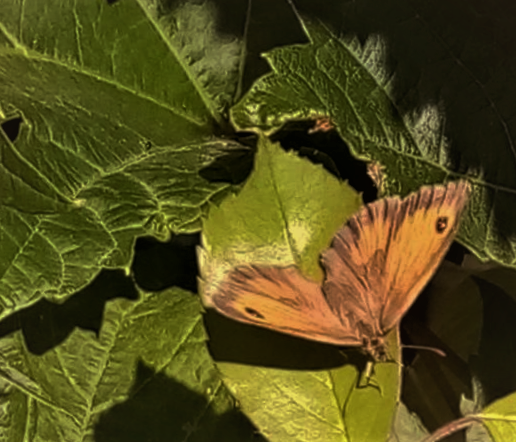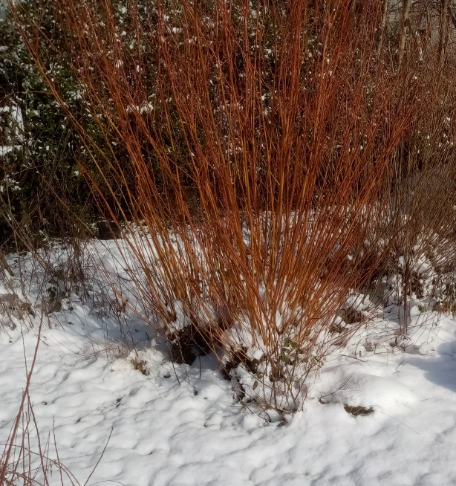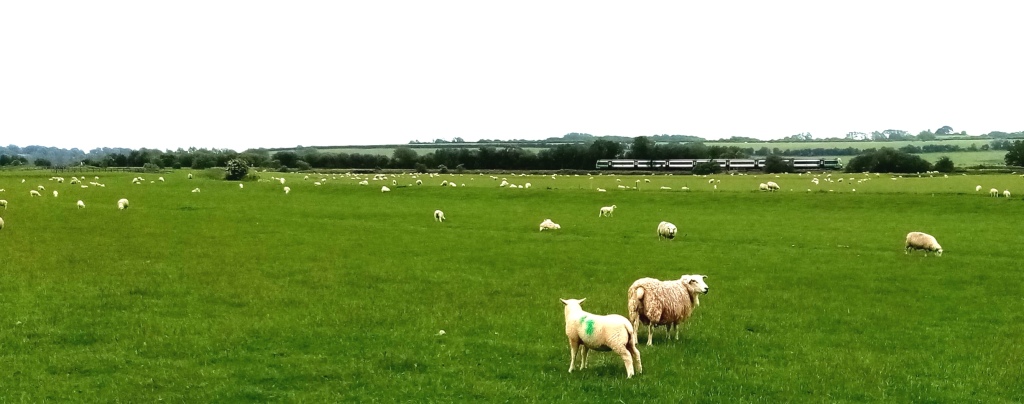
It was a murky day in Manchester last winter when I met this column of men from the Great War. The sculpture is based on John Singer Sargent’s painting in the Imperial War Museum, ‘Gassed’. He had been to the front line, though he was in his eighties, and seen the men, British and American, suffering blindness after a mustard gas attack.
They are led by a medical orderly; there is a skill to leading such a group: observing the terrain, being alert for mud, ruts, obstacles, exaggerated dropping of the left or right shoulder to lead the men to turn. There are many ways to love your fellow man: the column of men support each other in what the sculptor, Johanna DomkeGuyot calls ‘Victory Over Blindness’.
Her sculpture, loves her fellow human beings: honouring the dead but challenging the living through portraying the gritty, grimy reality of unmedalled, unsought heroism. It is a bold but totally right decision to plant the men at ground level, not way over our heads, like the man on the Manchester cenotaph; an image that all but says, dulce et decorum est – how sweet and right it is to die for one’s country.

Let us not forget that the victims of war, soldiers or civilians, are men, women and children like us and ours; that cruel things have been done in our name as well as against us. Let us do all we can to bring about peace and reconciliation between nations and peoples, and within our own communities.
Lord grant us peace.
DULCE ET DECORUM EST
Bent double, like old beggars under sacks,
Knock-kneed, coughing like hags, we cursed through sludge,
Till on the haunting flares we turned our backs
And towards our distant rest began to trudge.
Men marched asleep. Many had lost their boots
But limped on, blood-shod. All went lame; all blind;
Drunk with fatigue; deaf even to the hoots
Of tired, outstripped Five-Nines that dropped behind.
Gas! Gas! Quick, boys! – An ecstasy of fumbling,
Fitting the clumsy helmets just in time;
But someone still was yelling out and stumbling,
And flound’ring like a man in fire or lime . . .
Dim, through the misty panes and thick green light,
As under a green sea, I saw him drowning.
In all my dreams, before my helpless sight,
He plunges at me, guttering, choking, drowning.
If in some smothering dreams you too could pace
Behind the wagon that we flung him in,
And watch the white eyes writhing in his face,
His hanging face, like a devil’s sick of sin;
If you could hear, at every jolt, the blood
Come gargling from the froth-corrupted lungs,
Obscene as cancer, bitter as the cud
Of vile, incurable sores on innocent tongues,
My friend, you would not tell with such high zest
To children ardent for some desperate glory,
The old Lie; Dulce et Decorum est
Pro patria mori.
Wilfred Owen










